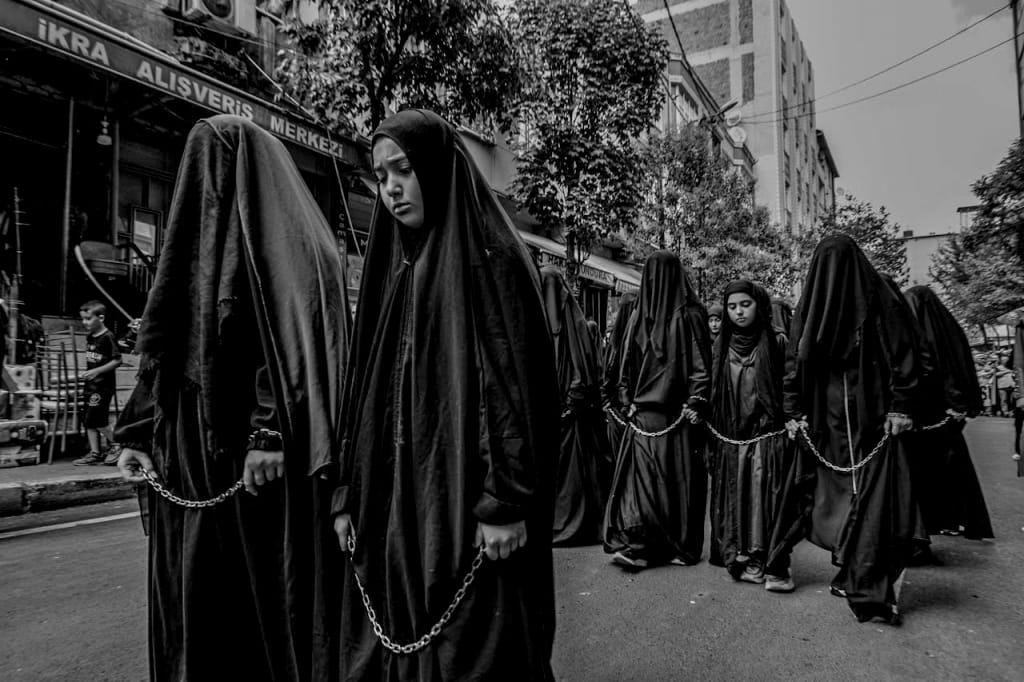Breaking the Chains of Cultural Hegemony
Embracing Diversity and Resisting Dominance

In the realm of human interaction and societal structures, the concept of cultural hegemony casts a profound shadow, influencing everything from values and beliefs to norms and behaviors. Rooted in the work of Italian Marxist thinker Antonio Gramsci, cultural hegemony refers to the dominance of a particular culture or ideology over others, exerting control through subtle mechanisms of consent and coercion. In this exploration, we delve into the complexities of cultural hegemony, its implications for individuals and communities, and the imperative of resistance and liberation.
Unveiling the Layers of Cultural Hegemony
At its core, cultural hegemony operates through a combination of coercion and consent, shaping individuals' perceptions, values, and behaviors in subtle yet pervasive ways. This dominance is not limited to political or economic spheres but permeates all aspects of society, including education, media, and popular culture. By controlling the narrative and dictating what is deemed acceptable or desirable, dominant cultures perpetuate their power and marginalize alternative perspectives and voices.
The Role of Media and Popular Culture
One of the most potent tools of cultural hegemony is the mass media, which disseminates dominant ideologies and narratives to a wide audience. From television shows and movies to advertising and news media, popular culture serves as a vehicle for reinforcing prevailing norms and values. Moreover, the globalization of media has led to the spread of Western-centric ideologies, further entrenching cultural hegemony on a global scale.
Implications for Identity and Belonging
The impact of cultural hegemony extends beyond the realm of ideas to shape individuals' identities and sense of belonging. Those who belong to dominant cultural groups may enjoy privileges and advantages, while marginalized groups face discrimination and exclusion. Moreover, cultural hegemony can lead to the erasure of alternative cultures and histories, perpetuating a homogenized and monolithic worldview that stifles diversity and creativity.
Resistance and Liberation
Despite its pervasive influence, cultural hegemony is not invincible. Throughout history, individuals and communities have resisted and subverted dominant narratives, asserting their own identities and reclaiming their agency. From grassroots movements and social activism to artistic expression and cultural revitalization, resistance takes many forms, challenging the status quo and paving the way for liberation and empowerment.
Embracing Diversity and Pluralism
Central to the struggle against cultural hegemony is the recognition and celebration of diversity and pluralism. By embracing alternative perspectives, narratives, and voices, we can challenge the dominance of mainstream culture and create space for marginalized communities to thrive. Moreover, fostering dialogue and collaboration across cultural boundaries can help build bridges of understanding and solidarity, dismantling the barriers that divide us.
The Imperative of Education and Critical Thinking
Education plays a crucial role in combating cultural hegemony by equipping individuals with the tools to critically analyze and challenge dominant ideologies. By fostering critical thinking skills and promoting media literacy, educators can empower students to question the status quo and engage in informed discourse. Moreover, incorporating diverse perspectives and voices into the curriculum can help counteract the homogenizing effects of cultural hegemony.
Conclusion
In conclusion, cultural hegemony exerts a powerful influence over individuals and societies, shaping perceptions, values, and behaviors in subtle yet profound ways. Through control of the media and popular culture, dominant cultures perpetuate their power and marginalize alternative voices, stifling diversity and creativity in the process. However, resistance and liberation are possible through grassroots movements, social activism, and cultural revitalization efforts.
By embracing diversity, pluralism, and critical thinking, we can challenge the dominance of mainstream culture and create space for marginalized communities to thrive. Education plays a crucial role in this struggle, equipping individuals with the tools to critically analyze and resist dominant ideologies. Ultimately, by working together to dismantle cultural hegemony, we can create a more inclusive and equitable world where all voices are heard and valued.
About the Creator
Mohamed Ali
Mohamed Ali is a passionate writer and researcher with a keen interest in exploring the complexities of human behavior and society through the lens of sociology. With a background in sociology and psychology.
Enjoyed the story? Support the Creator.
Subscribe for free to receive all their stories in your feed. You could also pledge your support or give them a one-off tip, letting them know you appreciate their work.






Comments
There are no comments for this story
Be the first to respond and start the conversation.